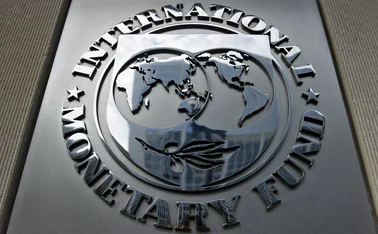
Paper explores effects of capital controls on cost of international debt
Restrictions on capital inflows produce “substantial” corporate bond spreads

Financial firms that belong to the European Union and have English legal origins are less likely to be vulnerable to the effects of capital controls, according to a working paper published by the International Monetary Fund.
In what the authors claim is the first study to explore the effects of capital controls on the cost of international debt capital, Capital Controls and the Cost of Debt examines how capital controls affect the credit spreads of bonds issued in international markets by
Only users who have a paid subscription or are part of a corporate subscription are able to print or copy content.
To access these options, along with all other subscription benefits, please contact info@centralbanking.com or view our subscription options here: http://subscriptions.centralbanking.com/subscribe
You are currently unable to print this content. Please contact info@centralbanking.com to find out more.
You are currently unable to copy this content. Please contact info@centralbanking.com to find out more.
Copyright Infopro Digital Limited. All rights reserved.
You may share this content using our article tools. Printing this content is for the sole use of the Authorised User (named subscriber), as outlined in our terms and conditions - https://www.infopro-insight.com/terms-conditions/insight-subscriptions/
If you would like to purchase additional rights please email info@centralbanking.com
Copyright Infopro Digital Limited. All rights reserved.
You may share this content using our article tools. Copying this content is for the sole use of the Authorised User (named subscriber), as outlined in our terms and conditions - https://www.infopro-insight.com/terms-conditions/insight-subscriptions/
If you would like to purchase additional rights please email info@centralbanking.com
Most read
- ECB staff speak out against changes to internal survey
- Central bank of the year: Central Bank of Brazil
- French president calls for expanded ECB mandate







